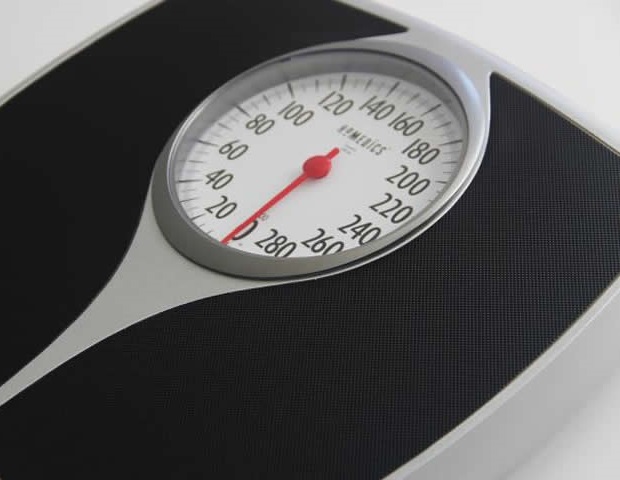Eating in a ten-hour window is associated with higher energy and mood and lower hunger levels, new results from the largest UK community science study of its kind shows .
Results from the trial are presented today by researchers from King’s College London at the European Nutrition Conference.
Intermittent fasting (IF), or restricting your food consumption to a set window, is a popular weight loss regime. A ten-hour window means limiting your daily eating schedule to ten hours and fasting for the remaining 14 hours. For example, if you eat your first bite at 9am, you must eat your last bite by 7pm.
Despite some IF advocates commonly promoting restrictive eating windows as low as six hours, findings detailed in the abstract show even eating within a less restrictive window of ten hours still has positive health benefits, such as changes in mood, energy and hunger.
Those who were consistent with their eating window had greater benefits than those who varied their eating window day to day.
Dr Sarah Berry from King’s College London and chief scientist at ZOE said: “This is the largest study outside of a tightly controlled clinic to show that intermittent fasting can improve your health in a real world setting. What’s really exciting is that the findings show that you don’t have to be very restrictive to see positive results. A ten-hour eating window, which was manageable for most people, and improved mood, energy levels and hunger. We found for the first time that those who practised time-restricted eating, but were not consistent day to day, did not have the same positive health effects as those who were dedicated every day. “
37,545 people on the ZOE Health app completed the core intervention period of three weeks. Participants were asked to eat as normal for the first week and then a ten-hour eating window for two weeks.
More than 36,231 participants opted for additional weeks and 27,371 users were classified as highly engaged. Highly engaged participants were 78% female, with a mean age of 60 and a BMI of 25.6.
Participants with a longer eating window before the intervention saw an even greater benefit to their health.
This study adds to the growing body of evidence showing the importance of how you eat. The health impact of food is not just what you eat but the time at which you choose to consume your meals, and eating window is an important dietary behaviour that can be beneficial for health. Findings shows that we don’t need to be eating all the time. Many people will feel satiated and even lose weight if they restrict their food to a ten-hour window.”
Kate Bermingham PhD, from King’s College London and ZOE
The abstract is presented today, 14th November, at the European Nutrition Conference in Belgrade, Serbia. Please note that abstracts presented at FENS Nutrition have not generally undergone the same peer review process required for publication in a scientific journal.

Sarah Carter is a health and wellness expert residing in the UK. With a background in healthcare, she offers evidence-based advice on fitness, nutrition, and mental well-being, promoting healthier living for readers.








